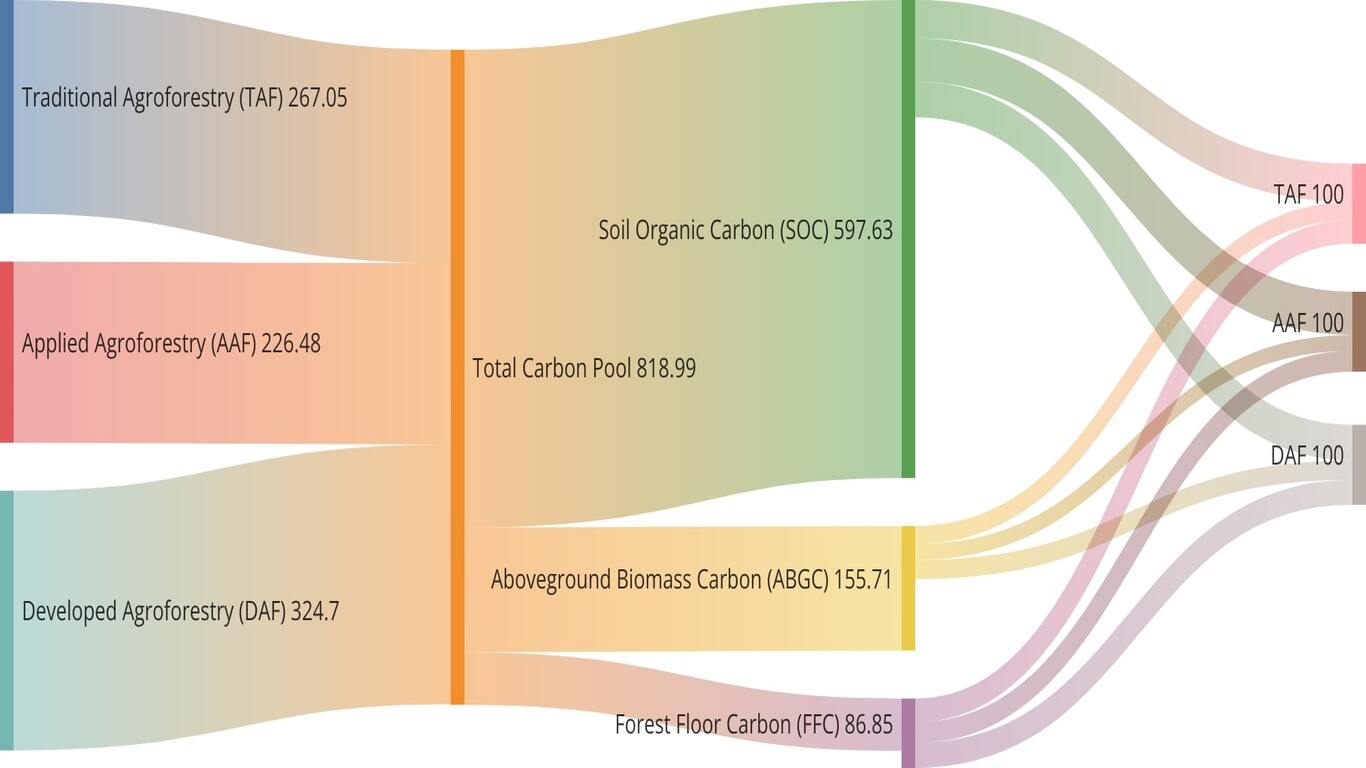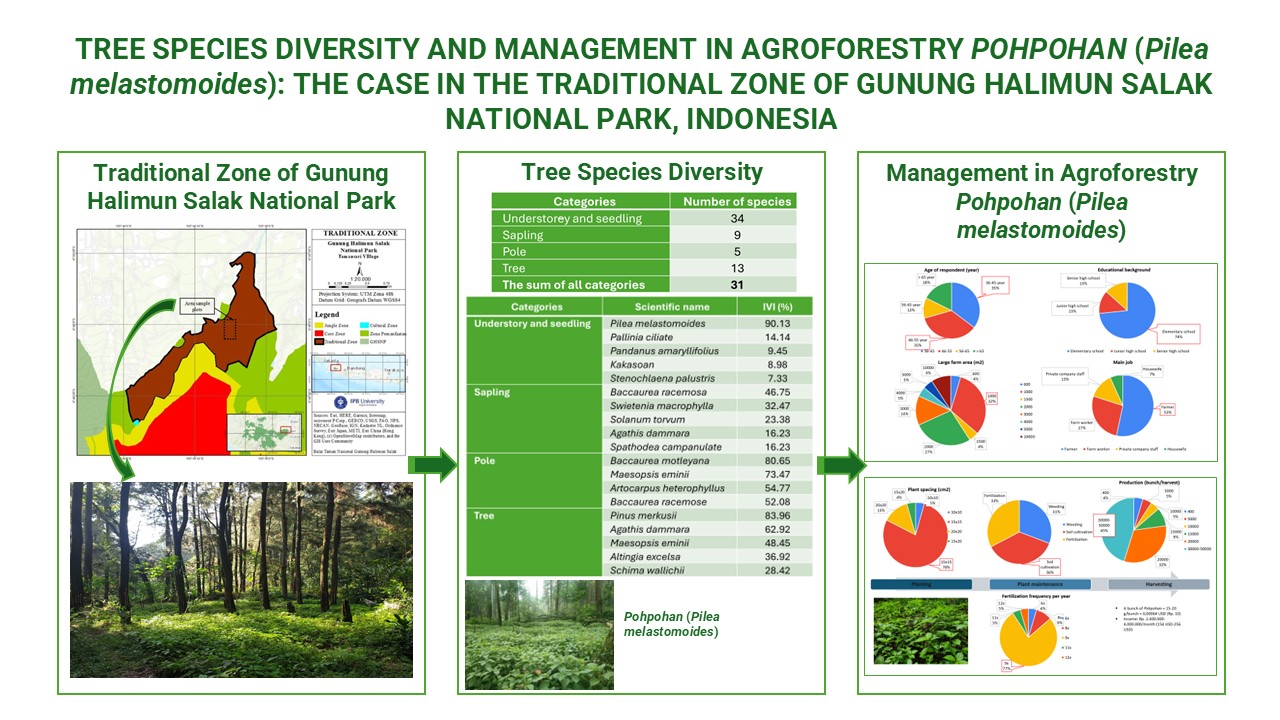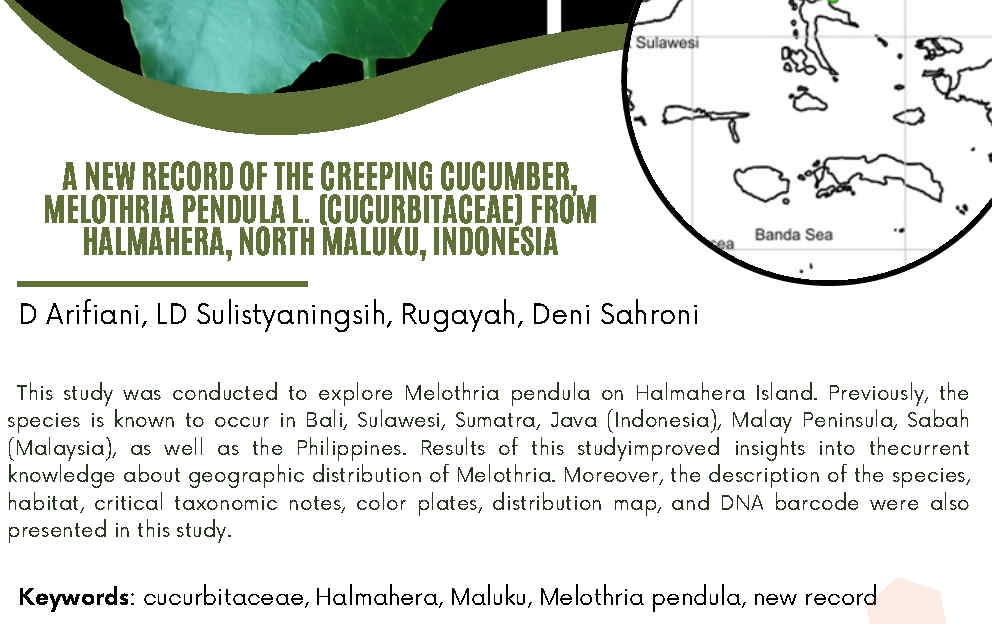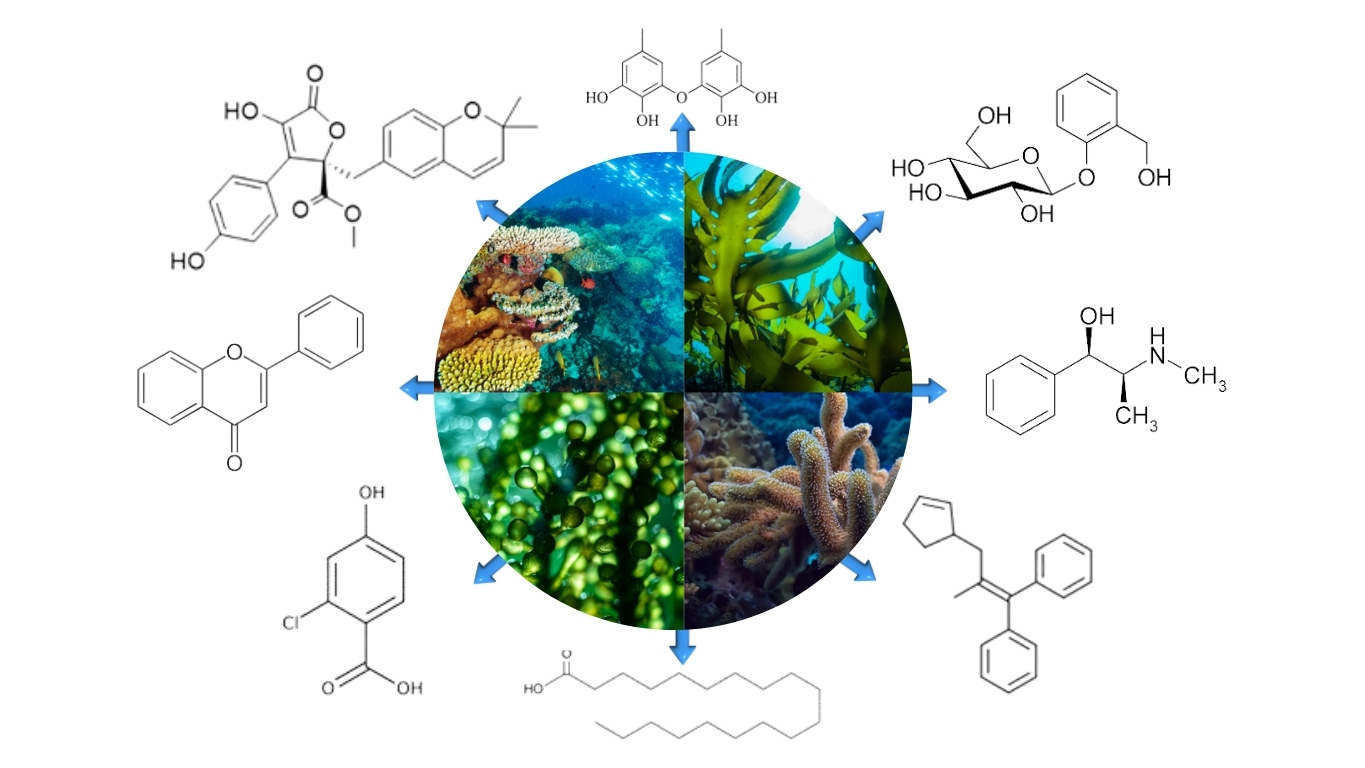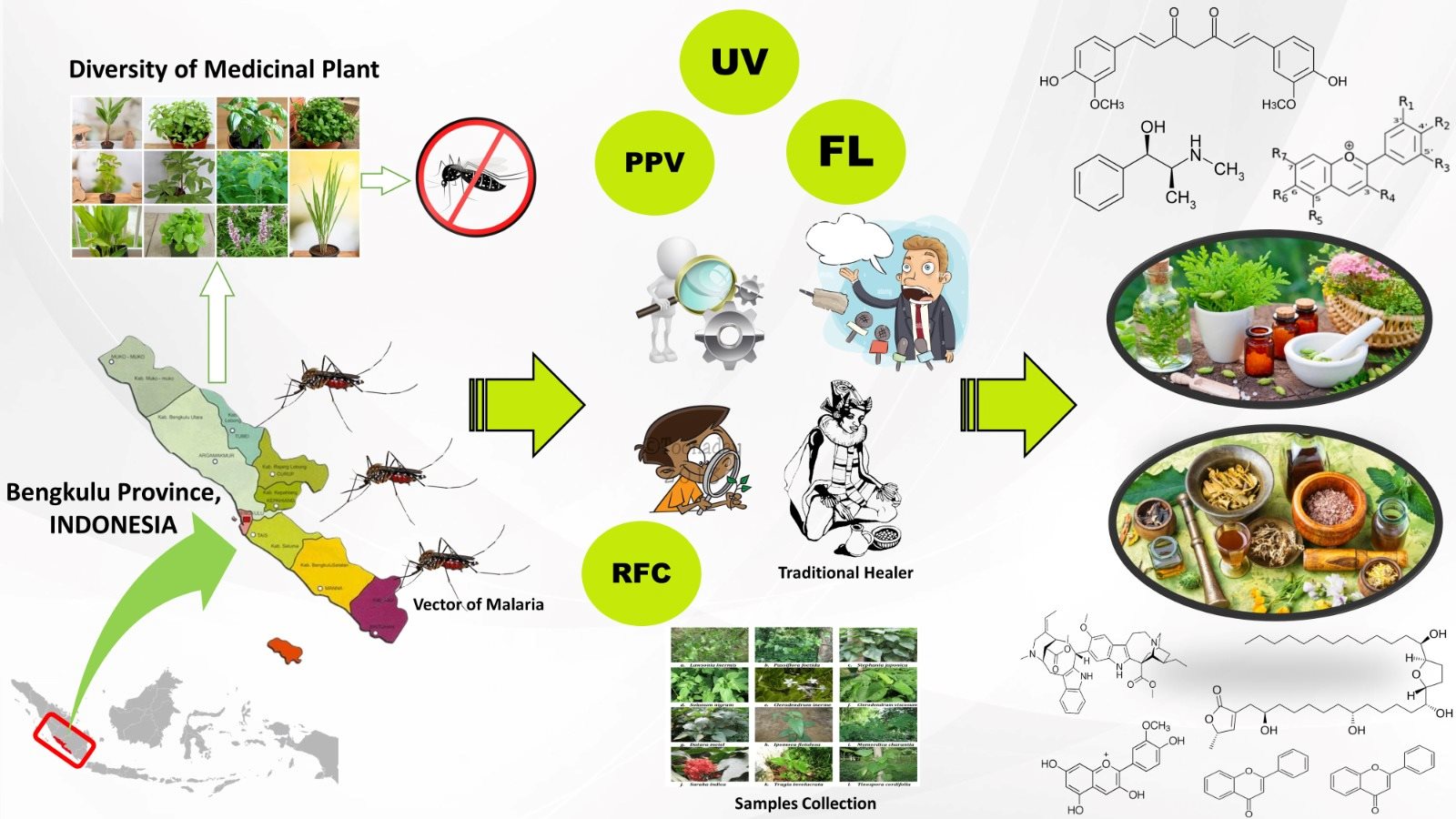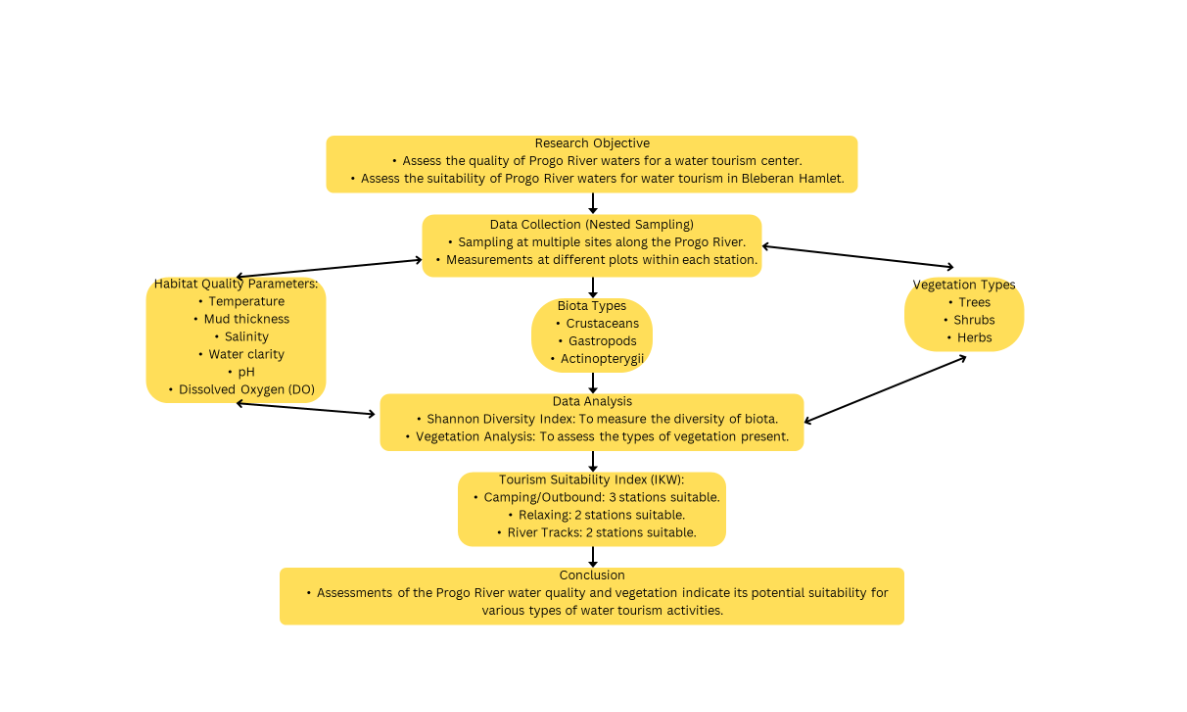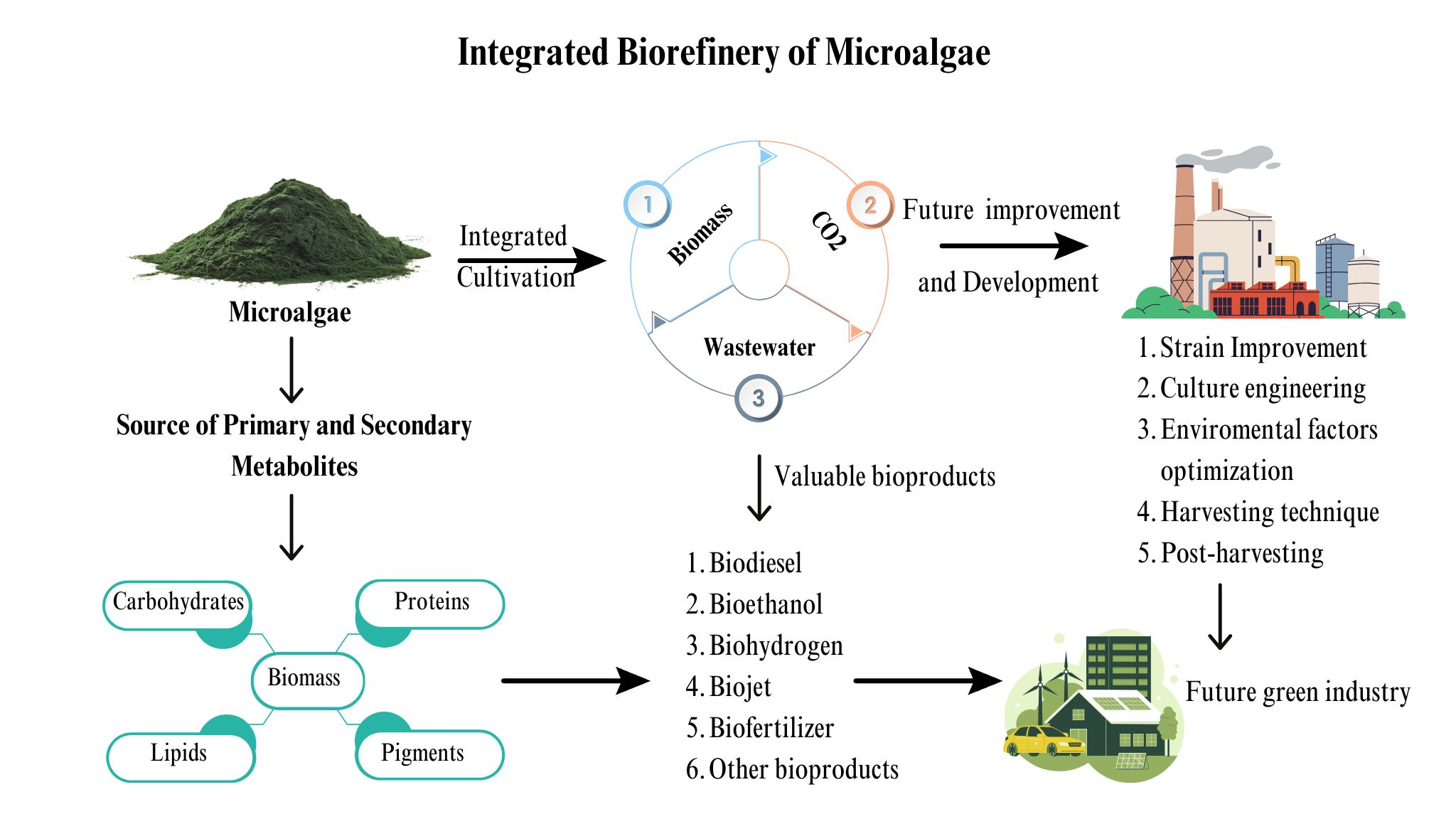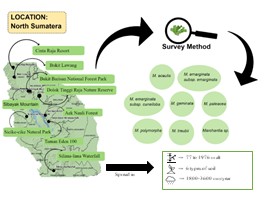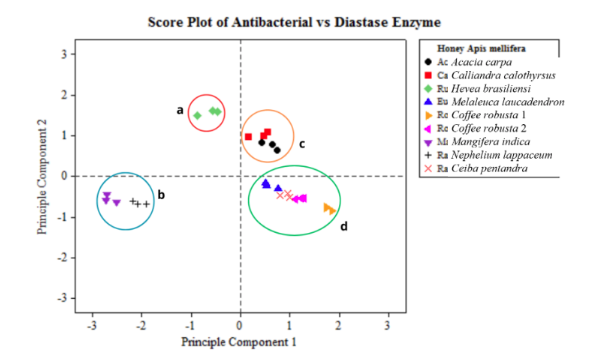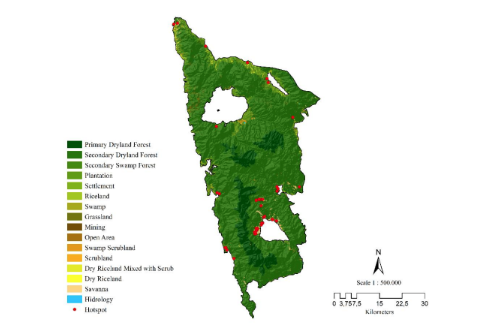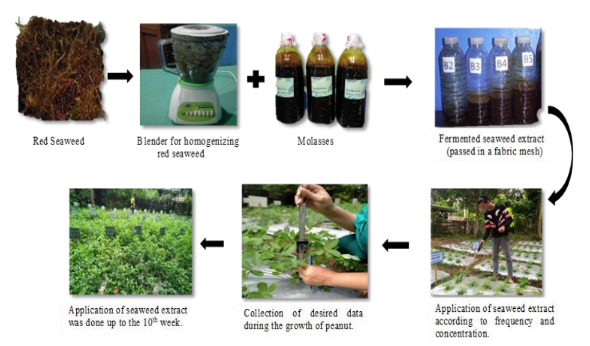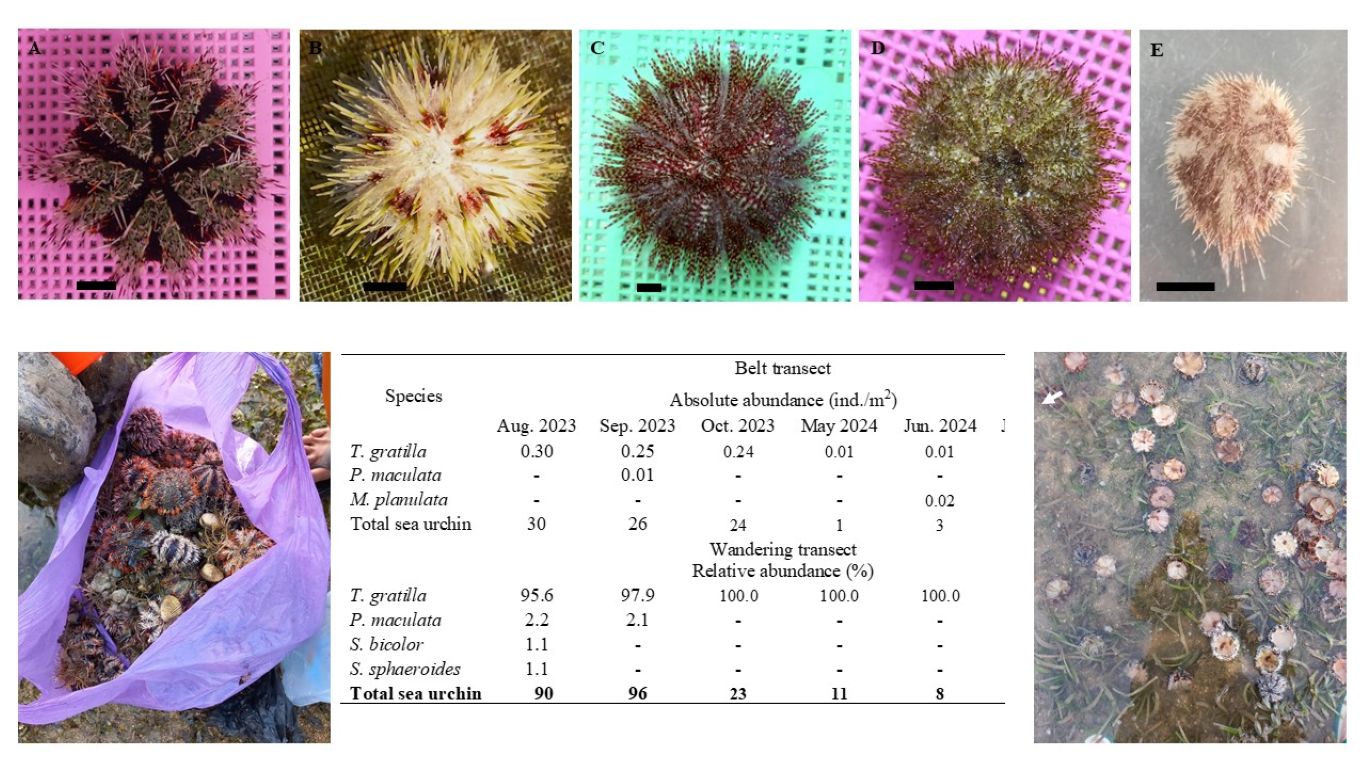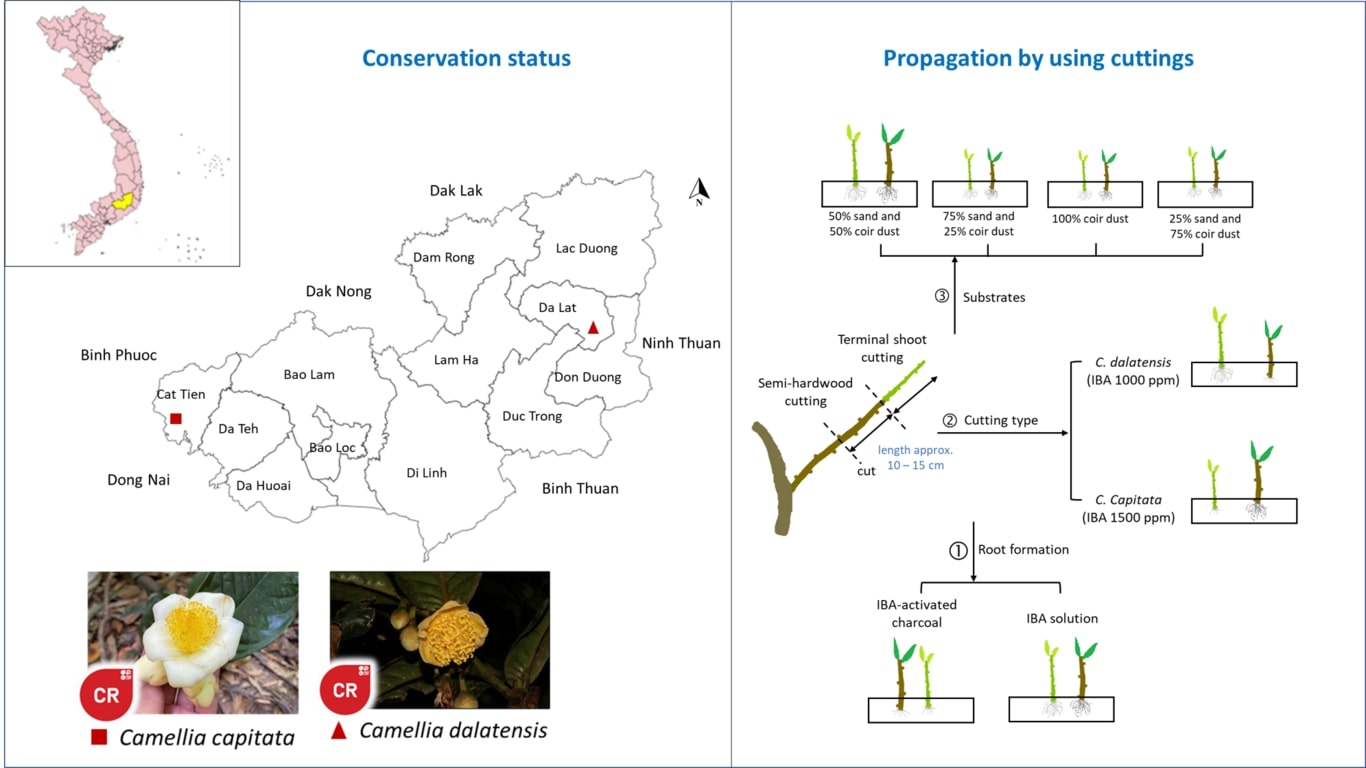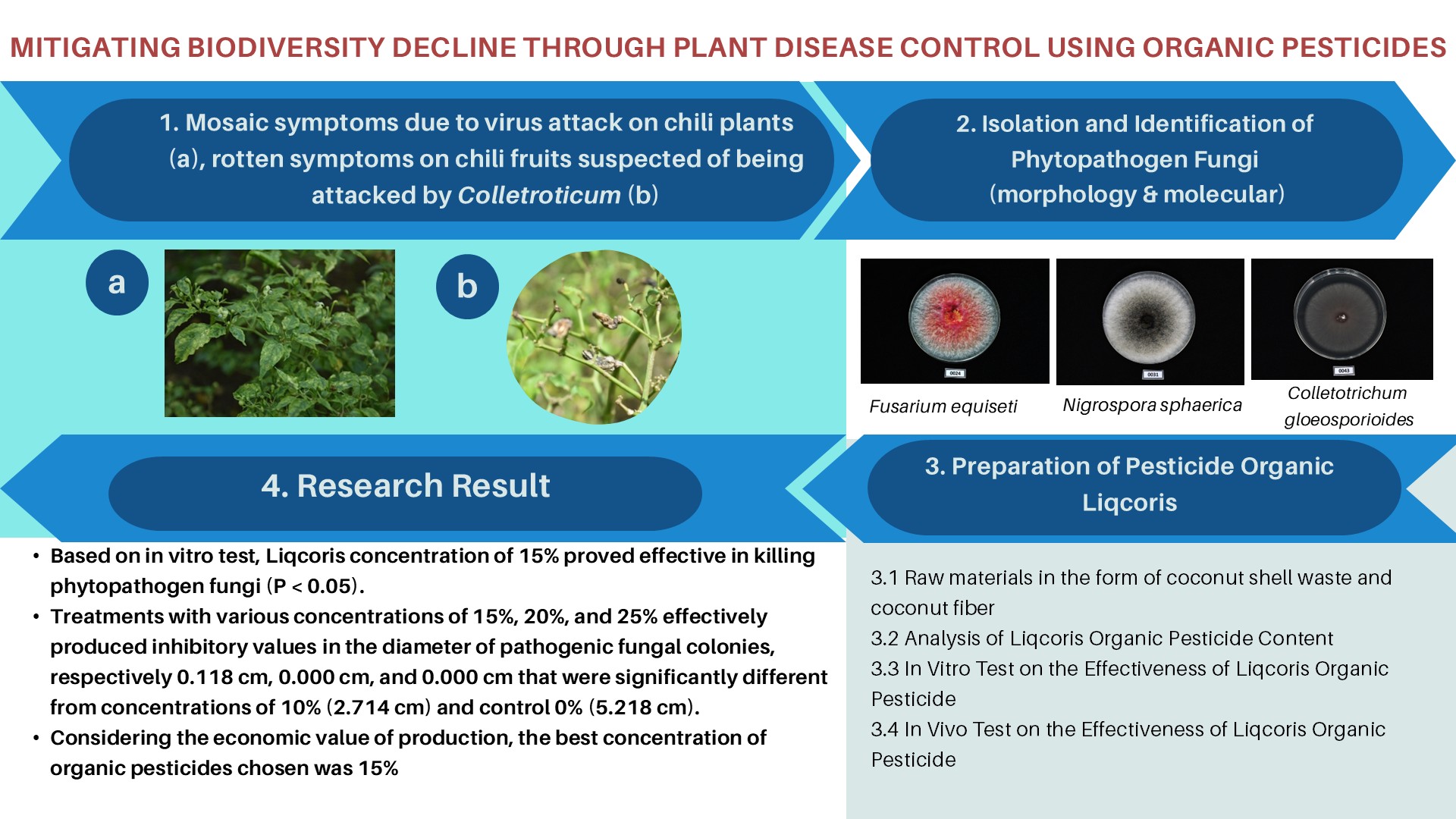A SPECIES-SPECIFIC PCR ASSAY BASED ON THE INTERNAL TRANSCRIBED SPACER (ITS) REGIONS FOR IDENTIFICATION OF MYCOSPHAERELLA EUMUSAE, M. FIJIENSIS AND M. MUSICOLA ON BANANA
Downloads
A study on development of a rapid PCR-based detection method based on ITS region of M. eumusae, M. fijiensis, and M. musicola on banana was carried out. The main objecive of this study was to develop a fast and species-specific PCR-based detection method for the presence of Mycosphaerella species on banana. The methods include collection of specimens, morphological identification supported by molecular phylogenetic analysis, RFLP analysis, species-specific primers development, and validation. Two species of Mycosphaerella, namely, M. fijiensis and M. musicola, and one unidentified Pseudocercospora species were found in Java island. Three restriction enzymes used in the RFLP analysis, viz, AluI, HaeIII, and TaqI were capable to discriminate M. eumusae, M. fijiensis, and M. musicola. Two species-specific primer pairs, viz, MfijF/MfijR and MmusF/MmusR have been successfully developed to detect for the presence of M. fijiensis and M. musicola, respectively.
Downloads
Authors who publish with this journal agree with the following terms:
- Authors retain copyright and grant the journal right of first publication, with the work 1 year after publication simultaneously licensed under a Creative Commons attribution-noncommerical-noderivates 4.0 International License that allows others to share, copy and redistribute the work in any medium or format, but only where the use is for non-commercial purposes and an acknowledgement of the work's authorship and initial publication in this journal is mentioned.
- Authors are able to enter into separate, additional contractual arrangements for the non-exclusive distribution of the journal's published version of the work (e.g., post it to an institutional repository or publish it in a book), with an acknowledgement of its initial publication in this journal.
- Authors are permitted and encouraged to post their work online (e.g., in institutional repositories or on their website) prior to and during the submission process, as it can lead to productive exchanges, as well as earlier and greater citation of published work (See The Effect of Open Access).









